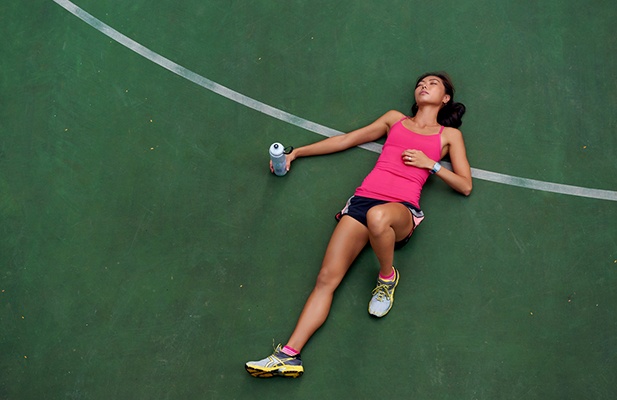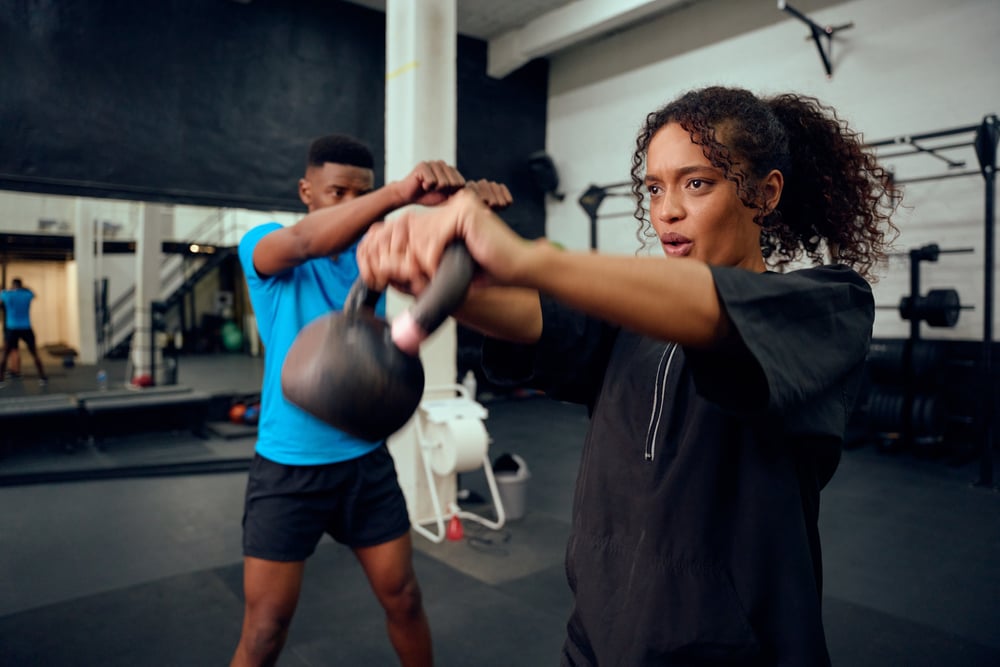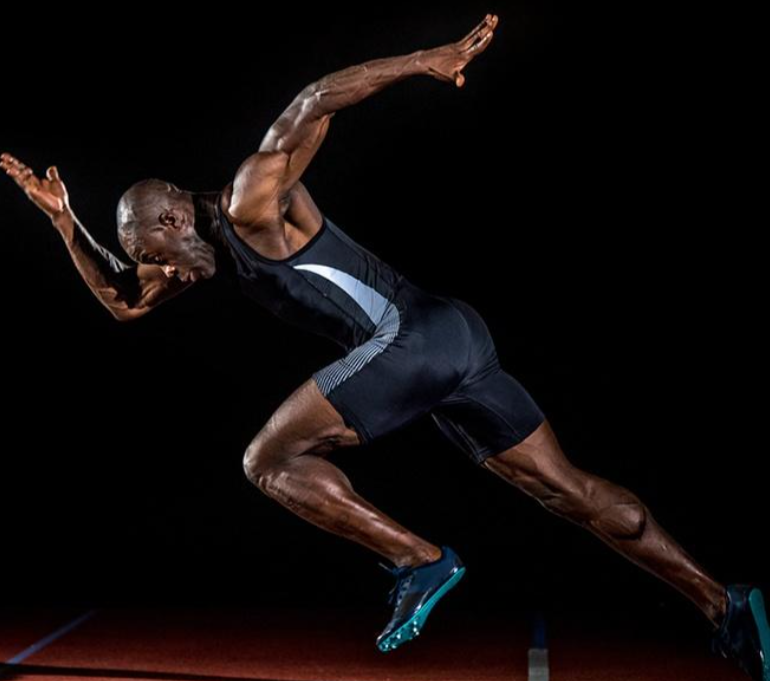
Dehydration is a serious health risk during exercise, particularly when working out for long periods of time, in conditions of high heat or high humidity. During physical activity, the body cools itself and regulates your temperature through sweating, resulting in fluids being directed toward the skin and away from vital functions. Sweat on the skin evaporates, reducing the skin temperature and cooling the body. Exercise during high heat requires the body to spend additional resources cooling itself, while high humidity reduces the rate of evaporation, making the natural cooling process less effective and forcing the body to work harder and spend more fluids in the process.
The cumulative result is that fluids that would normally be utilized in digestive and kidney functions, circulation and blood volume, and transporting energy and nutrients throughout the body, are instead continually being directed toward the skin and lost to evaporation.
Dehydration during exercise results in increased body temperature, increased heart rate, and higher perceived exhaustion. Even as little as 1-2% dehydration reduces athletic performance (source) and increases health risks.
Unfortunately, during most strenuous exercise, the sensation of thirst alone is often insufficient to reliably restore fluid balance. And studies suggest that the volume of liquid that the body requires to prevent fluid deficits may not be possible to drink in all situations. For example, the National Athletic Trainer's Association recommends (source) 7-10 ounces of fluid be consumed every 10-20 minutes during strenuous exercise. However, many activities preclude stopping to rehydrate that frequently.
And it's not just athletes and exercise where hydration matters. Many Americans are mildly dehydrated without even knowing it. Loss of skin elasticity, mood swings, insomnia, and brittle hair can all be caused by inadequate hydration, even without the sensation of thirst. Insufficient fluids also lead to dry, flaky skin, exaggerating the look of fine lines and wrinkles. Fluids are key to plump, youthful skin cells, and thick, healthy hair. Unfortunately, when our fluid reserves are low, the body conserves fluids for more vital functions, and the hair and skin can suffer as a result.
How to prevent dehydration
Preventing dehydration starts long before a workout. In fact, 2-3 hours in advance of the activity, it's important to hydrate with 500-600 mL of fluids, to give them time to be processed through the digestive system and reach the tissues. Then follow up with another 200-300 mL 10-20 minutes before activity, and maintain adequate hydration throughout the activity.
Rehydration should begin immediately after strenuous activity, accounting for all fluid losses from exertion and sweat. Fluid is also lost during urination, so 25-50% more fluid should be consumed than was lost during the activity.
In cases where time is an issue, or when the digestive system is weakened by physical exertion, it may be faster and easier to rehydrate using IV fluids. Fluids delivered intravenously have an immediate effect on the circulatory system, and IV therapy can also deliver needed vitamins and electrolytes to speed recovery.
Hydration is important at all times, not simply during exertion. Many people are mildly dehydrated and not even aware of it. Make sure to drink plenty of water all the time, and consider IV therapy before or after strenuous exercise, or even just to help cleanse your body, boost your glow, and look your best.








